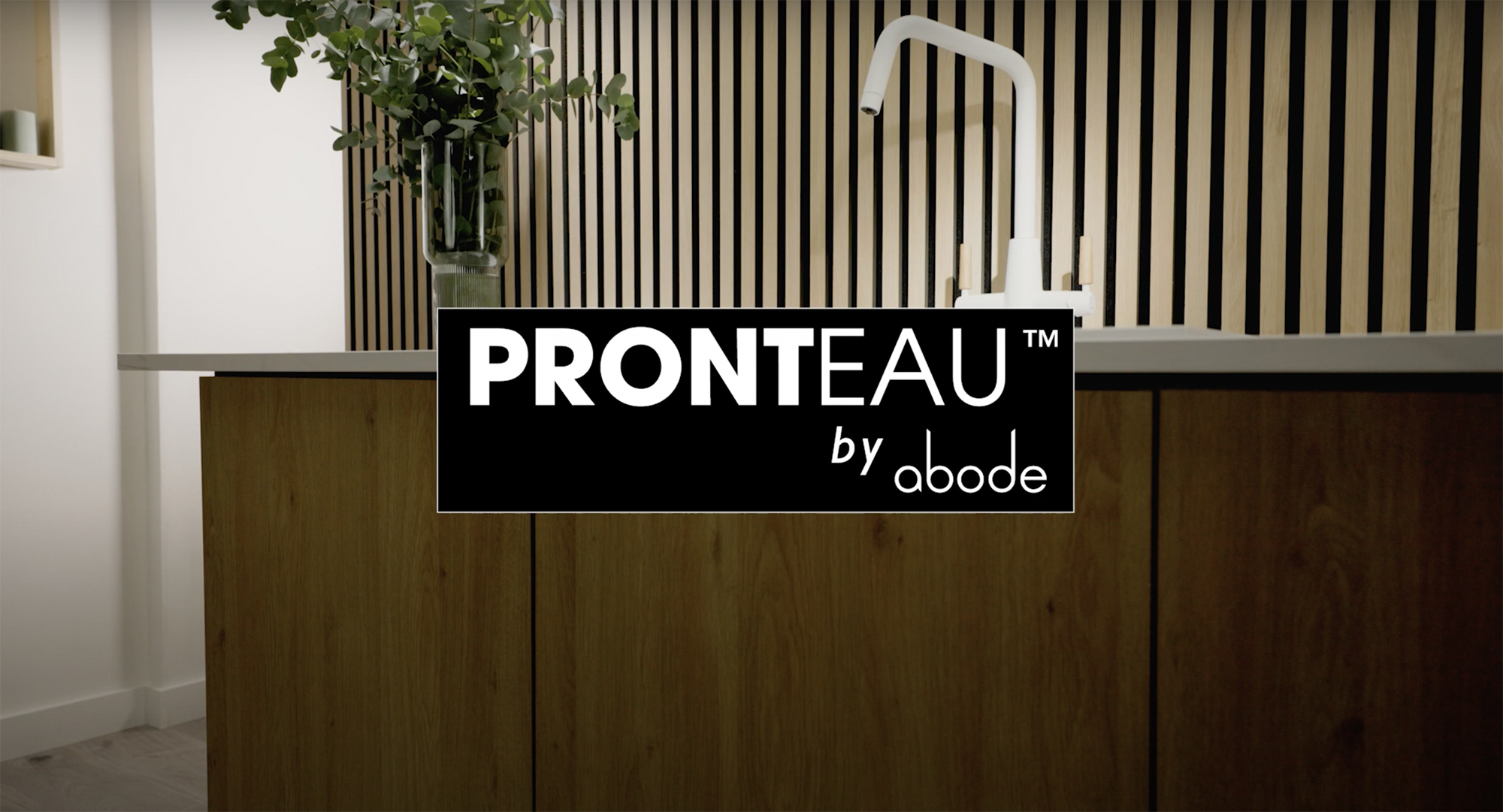Director of Strategic Professionals Sharon Southcott says retailers must keep up to speed with changes in the trading environment – and that starts with the customer purchasing journey

There has been much talk about the skills gap the KBB industry faces, but what about the knowledge gap?
It is imperative for businesses to stay ahead of the curve and effectively stay on top of new opportunities and threats.
Sponsored Video
In an everchanging retail environment, where consumer needs are influenced by so many different factors, the sector must stay updated.
Key topics such as, AI advancement, data literacy, digital skills, changing buyer behaviour, technological advancements and the impact of the wider trading environment present a range of challenges to the KBB sector.
As a sector the knowledge gaps can be more or less prevalent dependant on your position in the supply channel. However, one area that is important throughout is effective communication.
Savvy shoppers
When did you last consider taking a step back and review your customers’ journey?
At what points do you have the opportunity to communicate with the customer?
What is the first contact they have with you? Is it your website, your showroom, a phone call, a brochure? What message is being conveyed?
The journey customers undertake before buying a product has significantly changed over the past few years, with much of the journey now taking place digitally.
Online research alongside the impact of social media and e-commerce platforms have become key touchpoints.
Customers are also demanding more information and detail about products and services before committing to the purchase.
Although much research has been done into buyer behaviour, there needs to be a greater understanding as to how retailers can influence these touchpoints in order to improve customer experience.
Artificial intelligence (AI) is a powerful tool which will transform the KBB industry.
The possibilities within AI are endless. AI can help to improve data literacy, predict customer preferences, manage inventory and facilitate personal design recommendations.
All of this can significantly improve efficiency as well as customer satisfaction.
Address knowledge gaps
As we focus on the day the significance of the wider world such as the political, economic, social, technological, natural and legal environments can be overlooked.
If a customer asked you what is the most eco-friendly shower on the market, would you and your team know and would you be able to talk confidently about the options to the consumer?
Addressing these knowledge gaps requires awareness, education and listening to our customers and suppliers.
It’s crucial for the sector to recognise the urgency in closing these knowledge gaps.
By doing so the industry can continue to innovate and satisfy the needs and wants of the market profitably.
A first step could be to spend time looking at that customer journey.



